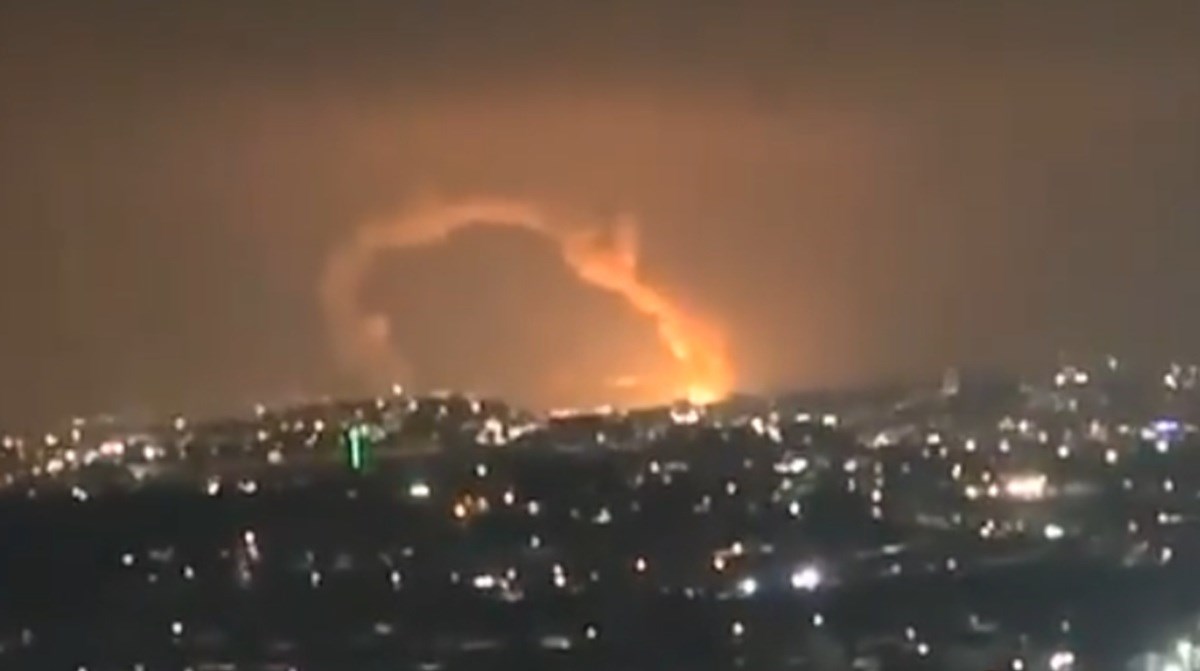The conflict between Iran and Israel has dramatically escalated, with multiple rocket attacks and airstrikes. Iran has launched missiles towards Israel, while Israel has conducted airstrikes on Iranian nuclear and military targets. US President Donald Trump is considering possible American involvement in the conflict amid high diplomatic tensions. Israeli forces have confirmed the killing of high-ranking Iranian military officials, and Iranian forces have activated air defenses. The situation has led to the closure of the US embassy in Jerusalem and evacuation of foreign nationals from Iran. Russia and other countries are calling for a diplomatic solution as the conflict continues with serious implications for regional stability.
Political Perspectives:
Left: Left-leaning reports emphasize the human cost of the conflict, highlighting civilian casualties and the dangers of military escalation. They often criticize aggressive military actions and call for diplomatic solutions and de-escalation. There is skepticism about the motives of the US and Israeli governments, with concerns about the impact on regional stability and the potential for wider war.
Center: Centrist coverage tends to focus on the factual developments of the conflict, reporting on missile attacks, military responses, and diplomatic efforts. It highlights statements from all involved parties and international reactions, emphasizing the complexity of the situation and the need for careful diplomacy to avoid further escalation.
Right: Right-leaning narratives often stress the threat posed by Iran’s nuclear program and support Israel’s right to defend itself. They may highlight the strength and precision of Israeli military actions and the US administration’s firm stance against Iran. There is often a focus on the necessity of military pressure to prevent Iran from acquiring nuclear weapons and ensuring regional security.







































